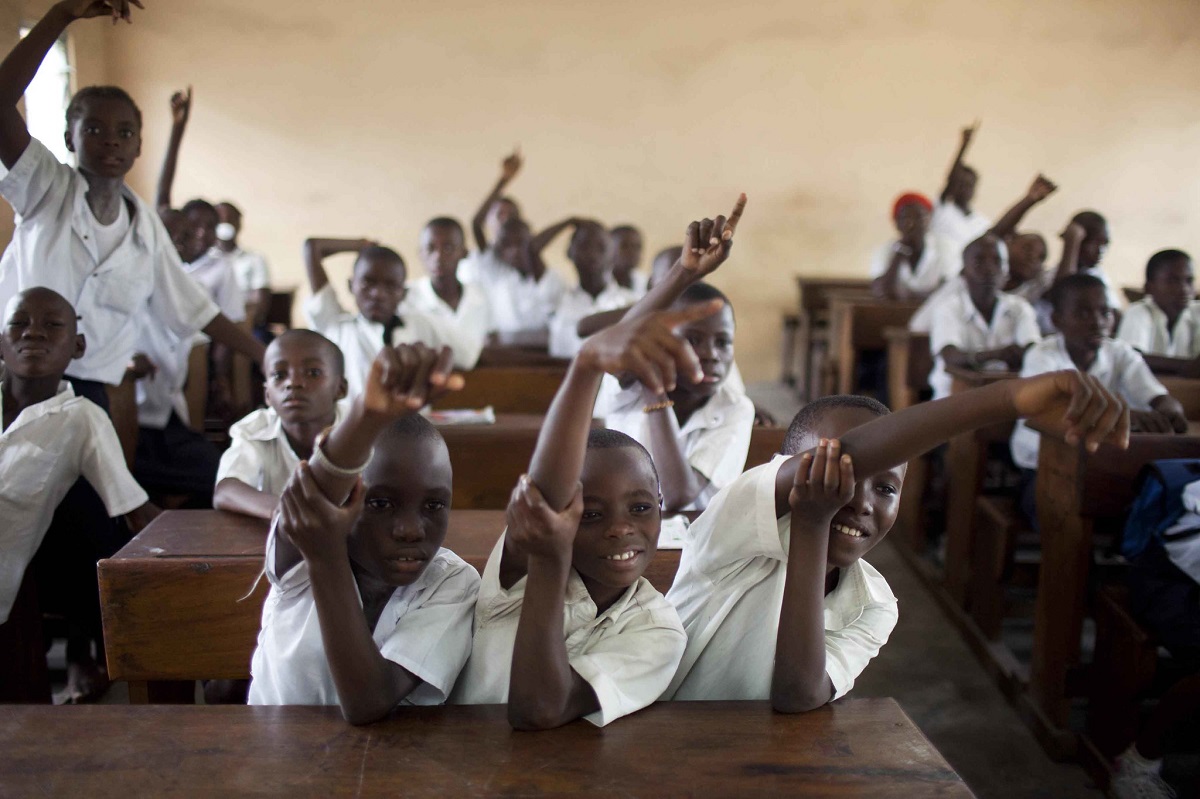
Valerie Nelson and Adrienne Martin |
How can we change corporate behaviour to stop the harm it causes to workers, Indigenous Peoples, local communities and environments in low- and middle-income countries? Corporate power has grown through globalisation, and state power to curb corporate impacts has decreased. Voluntary initiatives are widely promoted as a responsible business solution to international supply chain challenges.
However, given the competitive pressures in global value chains, voluntary initiatives are insufficient. An increased focus on regulatory solutions, such as mandatory due diligence requirements for companies to tackle business, human rights, and environmental challenges is occurring in Europe and the United States. These may have more teeth, but their effectiveness requires scrutiny.
Following a study on human rights due diligence in 2019 for the Fair Trade Advocacy Office and Brot für die Welt, an NRI team recently evaluated two Dutch Government programmes, the Fund against Child Labour (FBK) and the Fund for Responsible Business (FVO), which subsidise companies to improve their due diligence and tackle local root causes of relevant challenges. Led by Professor Valerie Nelson, a team comprising Professor Adrienne Martin, Professor Vegard Iversen and independent consultants Michael Flint and Hannah Betts, conducted a portfolio review, analysed monitoring data, conducted extensive key informant and stakeholder interviews for 20 projects, and five in-depth project case studies. The evidence was used to assess progress and effectiveness and to generate lessons. 61 projects are supported by both programmes; examples include mica mining in Madagascar, gold mining in Tanzania and Uganda, cocoa in Ghana, Cote d’Ivoire, and Cameroon, digital innovation in Nicaragua, vegetable seed production and garments in India, rice in Pakistan, coffee in Vietnam, granite mining in India, medical waste recycling in Egypt, rice blockchain in Cambodia, timber in Gabon, and leather from China and India.
Overall, the NRI study found that FVO and FBK funds are providing worthwhile support to improve how child labour and other Responsible Business Conduct (RBC) risks are identified and impact assessments conducted, and for Dutch companies to build systems to potentially address them. However, evidence of companies taking concrete action on risk mitigation, monitoring and remedy is less strong (and some projects have only recently begun). General progress of the projects against results has been good, although gaps in monitoring data make an accurate assessment difficult. Knowledge of RBC and child labour risks and root causes among project partners has been significantly improved. Some improvement in the earlier and easier stages of due diligence appears to have been achieved, and some innovative approaches have been facilitated, but it is not yet possible to know whether such initiatives will effectively tackle child labour and RBC risks. The study points to the limits of projects of this type, scale, and duration, often involving limited coalitions and with measures on enabling conditions being out of scope of the programme. Significant impact at scale is likely to require larger multi-stakeholder initiatives and changes to the ‘rules of the game’ in both consumer and supplier countries. The Dutch Government is acting on the recommendations to consider demand-side root cause issues, strengthening internal programme capacity and enhancing quality indicators for company due diligence.

